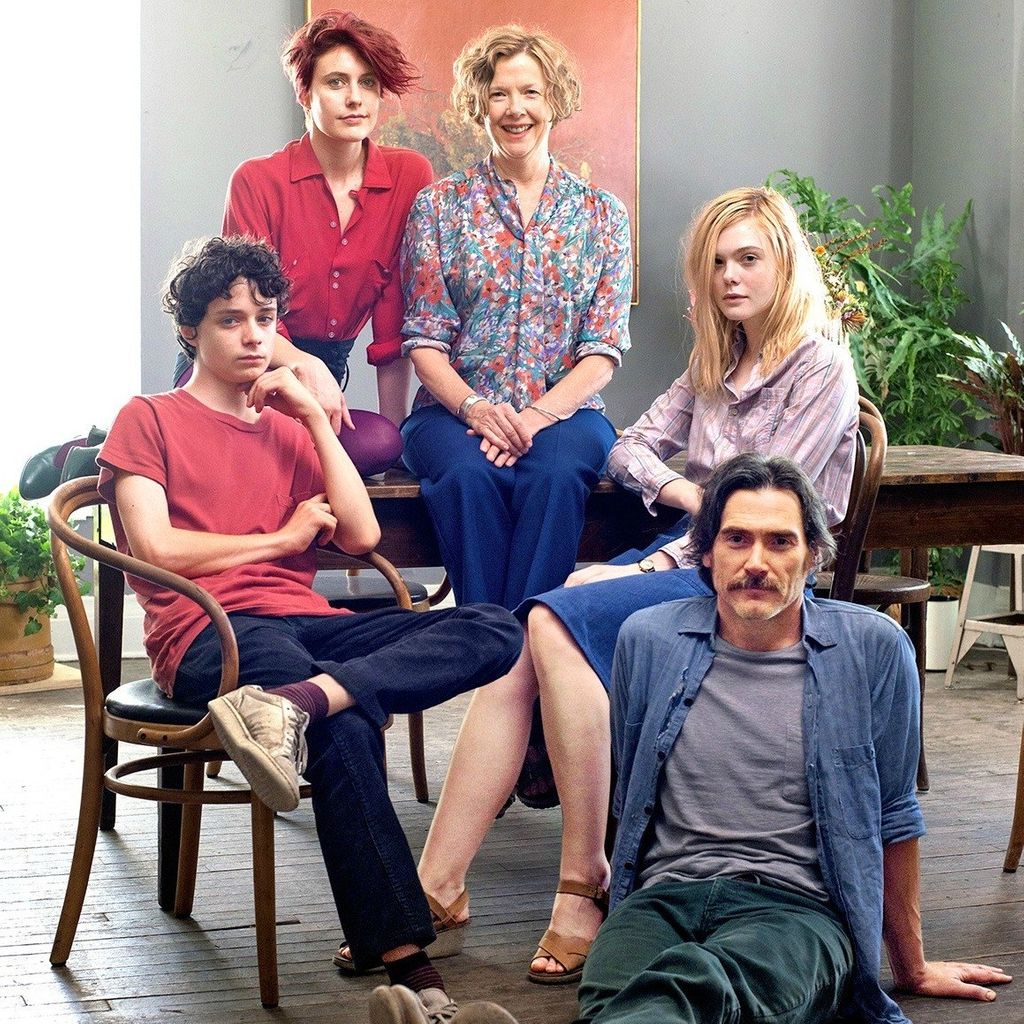How To Raise A Feminist - A Movie Review Of '20th Century Women'
May 22, 2019 • 3 views
There is a preconceived cultural hegemony that a boy must have a male influence in his life — a father figure, in absence of an actual father, someone to teach him the ‘guy things’. When these ‘guy things’ are considered from a sociological perspective, what usually comes to mind is a father teaching his son how to play catch, or how to fix a car, or baseball, mostly the things the father is expert in and this whole notion is widely influenced by the media. This goes into the ‘making of the man’ and contributes a great deal in forming the idea of masculinity for the son. However, in this movie, “20th Century Women” this very convention of the requirement of ‘a man to raise a man’ is challenged as a fifty-five year old woman tries to raise a fifteen year old boy through changing ideologies and feminist movements with the help of two young girls.
Dorothea Fields, the mom here, was 40 when she had her son, her husband left her soon after that and considering the wide generation gap between the mother and the son, she finds it difficult to connect with the son through his adolescent years. When a kid comes to an age wherein they no longer rely on their parents and start becoming individuals, it becomes difficult for the parents to deal with this change. Considering this, the teenage years are tough both for the kid as they try to navigate their way through life and their parents trying to impose their ideologies on kids. Here, as the mother asks for the help of the two girls to raise him, they become his mentors. There are no so called prominent male figures to introduce him to all the faulty notions of masculinity. Therefore, he grows more well- informed and gets bullied because he does not believe in this convention of masculinity.

The note-worthy thing about the boys who grow with male figures, in this movie - his bullies, is that they use violence as a mode of defence. This contributes to their idea of masculinity. Whereas, being in a household having a major feminine influence, he does not portray this notion of violence linked with masculinity. Here the picture of the youth and their distorted idea of rebellion can be seen when they go off toLA without informing their parents, they experiment with drugs, cigarettes, alcohol, etc. The mother no longer knows how to tolerate this behaviour and thus, asks the girls for help. In the beginning even the girls are cynical about this and try to raise the same old questions of “Don’t you need a man to raise a man?”, where Dorothea, points out that it might not be the case. She also states that he is close to the girls and is comfortable with them and he also admires them. The son here, Jamie, on the other hand thinks that he doesn’t need anyone’s help, especially his mom’s and that he can manage to go through life on his own. He doesn’t want his mom interfering with his life, as every adolescent wants privacy and the freedom to chose what they do. The very notion of youth comes with the idea of free will and rebellion and that plays a major role in forming the adult mindset, considering that the mentality of teens form their adult minds. He says “I don’t need your help mom. I’ve got it. I’m okay.” While role-playing therapy with Julie, one of the girls.
With the further help of the girls and their influence in his life, he comes to a point where he believes himself to be a feminist. This movie challenges all the preconceived notions of parenting, masculinity and its effects on an impressionable child. In doing so, it successfully maintains its claim of portraying the modern 20th Century Women.
